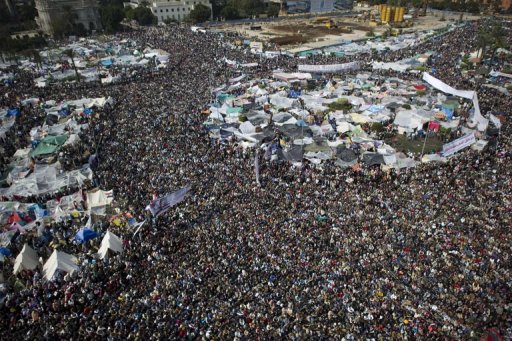PARIS: Growth of the seven biggest economies in the world is set to weaken further, the OECD signaled on Friday, pointing also to a mixed outlook for big emerging economies.The warning fits the picture of sharp slowdown in many advanced countries which has emerged so far this year as the repercussions of the credit crisis, and high oil prices, reached ever deeper into activity and lending.A similar signal for the eurozone from European Central Bank on Thursday, when the bank held its key rate steady, pushed down the euro against the dollar, a movement which continued on Friday.The Organization for Economic Cooperation and Development said its composite leading indicators for June indicate a continued weakening outlook for all the major seven economies. It also said: The latest data for non-OECD member economies tentatively point to expansion in China and Brazil and a downturn in India and Russia. The indicator for all 30 countries in the OECD fell by 0.6 points in June and was a full five points lower than in June last year, the OECD said.The figure for the US economy fell by 0.2 points and was 5.4 points down over 12 months.The eurozone indicator fell by 0.8 points in June for a 12-month fall of 5.2 points.The June figure for Japan was unchanged but showed a fall of 4.1 points over 12 months.The OECD explained that its indicator, which had to be used with caution, is designed to provide early signals of turning points (peaks and troughs) between upswings and downswings in the growth cycle of economic activity. Other main figures were: Britain down 0.8 in the month and 4.8 points over 12 months, Canada down 1.1 and 3.9 points, France down 0.9 and 5.1 points, Germany down 0.9 and 5.4 points and Italy down 0.7 points and 4.5 points.The indicator for China was steady in June and rose by 0.8 points on a 12-month basis. The figure for India fell by 1.5 points in May and was 4.4 points down from the May, 2007 level.For Russia, the indicator fell by 1.2 points in May, but showed a rise of 0.9 points over 12 months.The indicator for Brazil fell by 2.2 points in June but rose by 1.4 points from the level in June last year.On Thursday, the ECB, in holding its key short-term rate at 4.25 percent, acknowledged that in the eurozone growth figures for mid 2008 will be substantially weaker than for the first quarter of the year. The bank, and its president Jean-Claude Trichet, stressed however, that medium-term inflation would not be allowed to remain high. On balance, the markets interpreted these remarks as indicating an easing of prospects for a rise in eurozone interest rates, and the euro fell.On Monday, the International Monetary Fund forecast that eurozone growth was expected to fall significantly, but that the zone was likely to be spared a recession.On July 29, the IMF had forecast the Japan seemed on course for a modest slowdown.And two days later, US Treasury Secretary Henry Paulson said he expected moderate growth of the US economy this year. Data showed growth of 1.9 percent in the second quarter. While our economy faces substantial difficulties that will continue to be a drag on growth in the short-term, it is important to remember that our long-term fundamentals are strong, he said.On July 28, Chinese state media, reporting on a meeting of the Communist Party politburo, said: Challenges and difficulties are growing for maintaining fast and stable economic growth, due to rising international uncertainties and problems in the domestic economy. Chinese growth slowed to 10.4 percent in the first half of the year from 11.9 percent for all of 2007. -AFP
